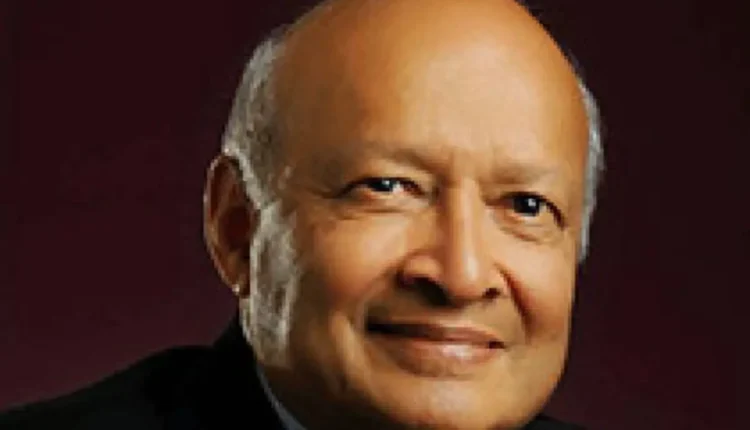In the vast realm of electrical engineering, few names shine as brightly as that of Thomas Kailath. Born on June 7, 1935, in Pune, Maharashtra, India, Kailath’s life has been a saga of innovation, leadership, and transformative contributions to various scientific disciplines.
Early Years and Education of Thomas Kailath
Hailing from a Malayalam-speaking Syrian Christian family named Chittoor, Kailath’s journey began at St. Vincent’s High School in Pune. He earned his Bachelor’s degree in engineering from the Government College of Engineering, the University of Pune, in 1956.
However, it was his pursuit of knowledge that led him to the Massachusetts Institute of Technology (MIT), where Thomas Kailath became the first Indian-born student to receive a doctorate in electrical engineering in 1961.
Academic Eminence
Joining Stanford University in 1963 as an Associate Professor of Electrical Engineering, Thomas Kailath swiftly climbed the academic ladder, achieving the position of Professor in 1968. His remarkable tenure culminated in being named the Hitachi America Professor of Engineering emeritus in 1988.
Kailath’s influence extended far beyond the classroom; he supervised approximately 80 Ph.D. theses at Stanford, shaping the minds of numerous aspiring engineers. His research covered a broad spectrum, including linear systems, estimation and control theory, signal processing, information theory, and semiconductor device fabrication.
Accolades and Recognition
Thomas Kailath’s brilliance didn’t go unnoticed. Elected as a member of the US National Academy of Engineering in 1984, he received the prestigious National Medal of Science in 2012, presented by President Barack Obama in 2014. The accolade recognized his “transformative contributions to the fields of information and system science.”
As an Institute of Electrical and Electronics Engineers (IEEE) Fellow since 1970, Thomas Kailath has received multiple awards, including the 2007 IEEE Medal of Honor and the 2006 IEEE Jack S. Kilby Signal Processing Medal. The Marconi Society honored him with a Lifetime Achievement Award in 2017 for his transformative contributions.
Entrepreneurship and Innovation
Beyond academia, Kailath’s entrepreneurial spirit led him to co-found several high-tech companies, leaving an indelible mark on the industry. Integrated Systems (1980), Numerical Technologies (1995), and Excess Bandwidth Corporation (1998) are testament to his ability to translate scientific ideas into entrepreneurial ventures.
Personal Life and Legacy
In 2009, the Government of India recognized Thomas Kailath’s contributions with the Padma Bhushan award. His marriage to Sarah Kailath lasted until her passing in 2008, and in 2013, he married Dr. Anuradha Luther Maitra, a retired economics professor.
The legacy of Thomas Kailath extends beyond awards and accolades. His generous gift in 2022 endowed a professorship at UC Santa Cruz, solidifying his commitment to education and the advancement of knowledge.
Also Read: Svetha Yallapragada: A Symphony of Fusion, Philanthropy, and Cultural Pride

